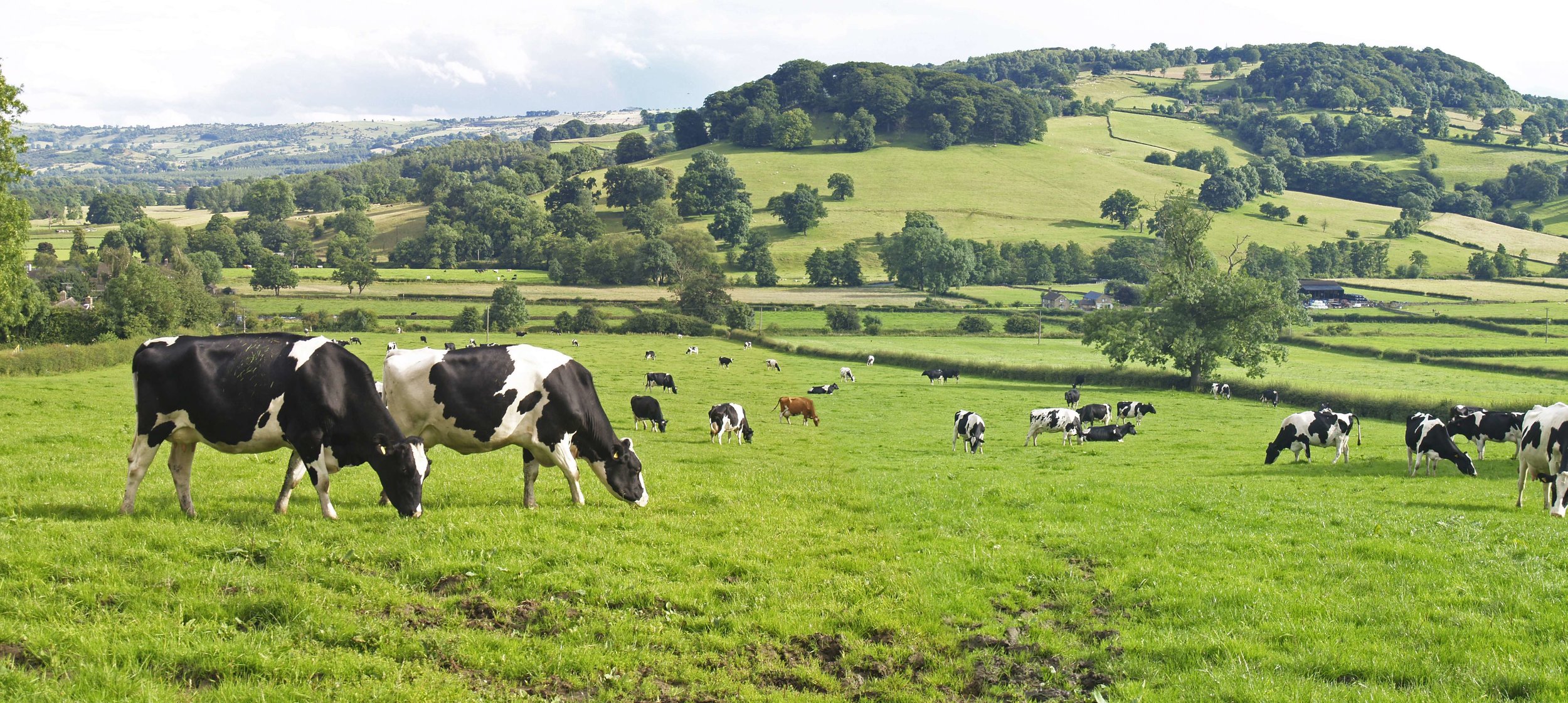Microbead ban announced to protect sea life

I am delighted to announce today plans to ban the sale and manufacture of cosmetics and personal care products containing tiny pieces of plastic, commonly known as ‘microbeads’. Each year billions of microbeads end up in our seas from a range of products such as face scrubs, toothpastes and shower gels. These beads build up in the marine environment and can be swallowed by sea life, including fish and crustaceans.
This ban follows the successful introduction of the 5p plastic bag charge – which has led to six billion fewer bags issued this year – and is the next step in our action to tackle plastic in our oceans.
A consultation will launch later this year with the intention to ban the sale and manufacture of cosmetics and personal care products containing microbeads that harm the marine environment. At the same time, evidence will be gathered on the extent of the environmental impacts of microbeads found elsewhere, such as in household and industrial cleaning products, before considering what more can be done in future to tackle other plastics, for example microfibers, which enter the marine environment.
Twenty-five UK cosmetics and toiletries companies, such as Unilever, have already taken steps to voluntarily phase out microbeads from their products. Waitrose has announced they will stop stocking such products by the end of September. Government action will create a level playing field for industry, tackle inconsistency and stop new products containing tiny pieces of plastic from being sold in the UK.
Manufacturers are already exploring natural alternatives, including nut shells, salt and sugar, which have the same exfoliating properties but do not pose a threat to the environment.





